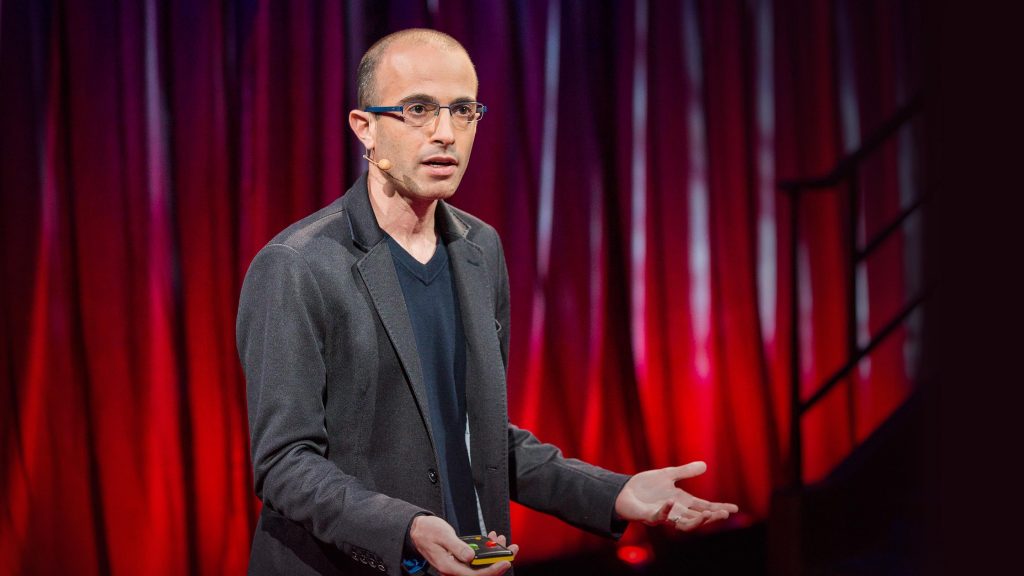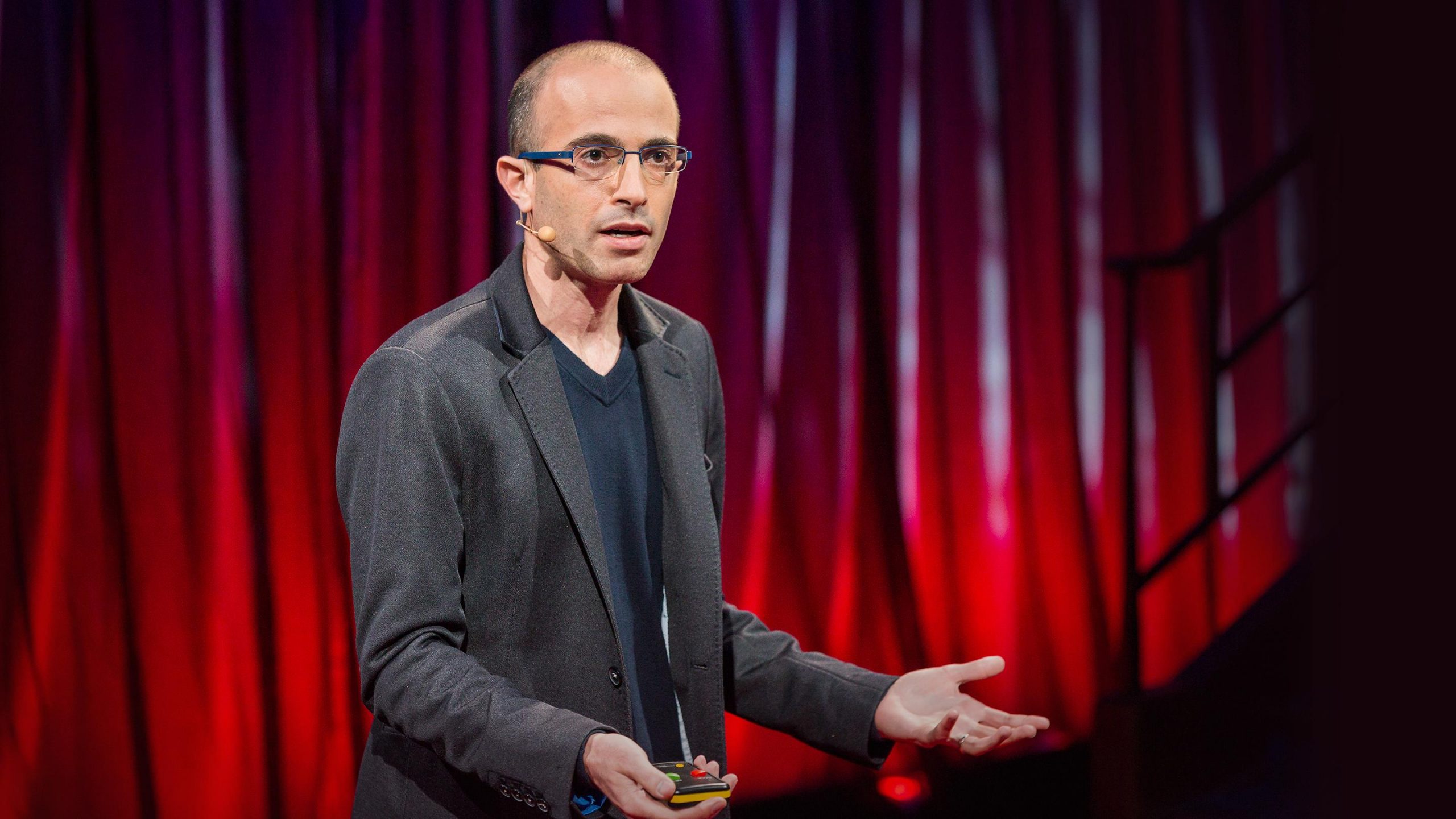Engineers and researchers have been focusing on the technical aspects of AI, but historians have a completely different take on the AI revolution.
Renowned historian and author of the bestselling book “Sapiens: A Brief History of Humankind,” Yuval Noah Harari, offers a provocative and startling metaphor for the rise of artificial intelligence. He frames the AI revolution not in terms of code and algorithms, but as a massive influx of non-human intelligence that will challenge our societal structures in ways we are only beginning to comprehend. Harari’s comparison of AI to a wave of “immigrants” forces a crucial shift in perspective, moving the conversation from a purely technological one to a societal and even political one.

In a striking analogy, Harari suggests we should view this technological shift through a socio-political lens. He states, “You can think about the AI revolution as simply a wave of immigration of millions and billions of AI immigrants that will take people’s jobs, that have very different cultural ideas and that might try to gain some kind of political power.” This perspective reframes the discourse, urging us to consider the broader societal impacts beyond mere job displacement.
Harari extends this metaphor to critique the focus of contemporary political discourse, particularly in Europe. He observes a significant blind spot among those who are most vocal about preserving national identity and sovereignty. “I look for instance, at far-right parties in Europe,” Harari notes. “And they talk so much about the human immigrants, sometimes with justification, sometimes without justification. They don’t talk almost at all about the wave of digital immigrants that is coming into Europe.”
The historian argues that the preoccupation with human migration is overshadowing a much larger and potentially more disruptive force. He delivers a stark warning to political leaders and citizens alike: “I think they should be much, if they care about the sovereignty of their country, if they care about the economic and cultural future of their country, they should be far more worried about the digital immigrants than about the human immigrants.”
Harari’s “AI immigrants” analogy is not just a clever turn of phrase. While debates over human immigration center on cultural integration, economic contribution, and border control, the wave of AI “immigrants” operates without physical borders and at a scale and speed that is unprecedented. We are already witnessing the initial effects, as AI-powered systems take over tasks in customer service, content creation, and even complex data analysis. For instance, major tech companies are increasingly integrating AI into their core products, leading to a restructuring of their workforce and a re-evaluation of the skills required for employment. The “cultural ideas” of these AIs, embedded in their algorithms and data sets, are being developed not by nations, but by a handful of tech corporations, primarily in the US and China. This raises critical questions about whose values and biases are being encoded into the tools that will soon manage our finances, healthcare, and even our security. Harari’s warning is a crucial one: as we debate the challenges of the 21st century, we must consider the silent arrival of our “digital immigrants” who could reshape our world while we are looking the other way.
